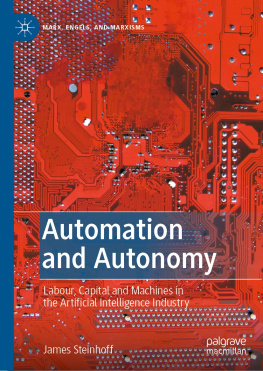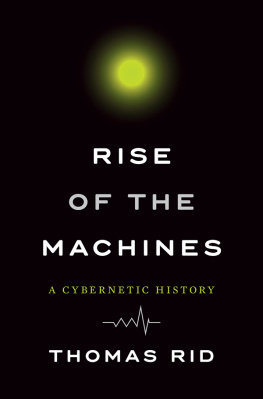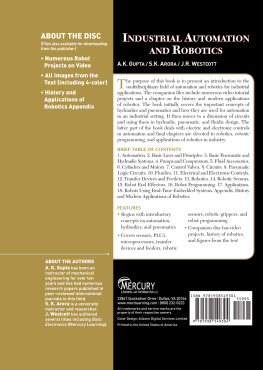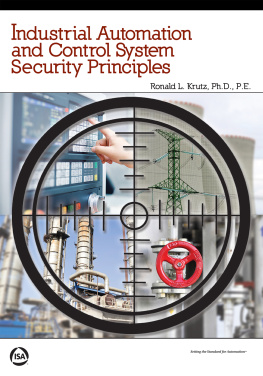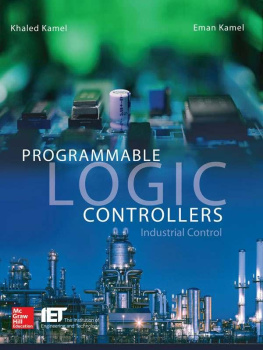FORCES OF PRODUCTION
FORCES OF PRODUCTION
A SOCIAL HISTORY OF INDUSTRIAL AUTOMATION
DAVID F. NOBLE
WITH A NEW PREFACE BY THE AUTHOR
Transaction Publishers
New Brunswick (U.S.A.) and London (U.K.)
Copyright 2011 by Transaction Publishers, New Brunswick, New Jersey.
All rights reserved under International and Pan-American Copyright Conventions. No part of this book may be reproduced or transmitted in any form or by any means, electronic or mechanical, including photocopy, recording, or any information storage and retrieval system, without prior permission in writing from the publisher. All inquiries should be addressed to Transaction Publishers, RutgersThe State University of New Jersey, 35 Berrue Circle, Piscataway, New Jersey 08854-8042. www.transactionpub.com
This book is printed on acid-free paper that meets the American National Standard for Permanence of Paper for Printed Library Materials.
Library of Congress Catalog Number: 2010043113
ISBN: 978-1-4128-1828-5
Printed in the United States of America
Library of Congress Cataloging-in-Publication Data
Noble, David F.
Forces of production : a social history of industrial automation / David F. Noble;
with a new preface by the author.
p. cm.
Includes bibliographical references and index.
ISBN 978-1-4128-1828-5
1. Machine-tools--Numerical control--Social aspects--United States. 2. Au
tomation--Social aspects--United States. 3. Technology--Social aspects--United
States. I. Title.
TJ1189.N63 2011
303.483--dc22
2010043113
For M and D
Instruments of labor not only supply a standard of the degree of development which human labor has attained, but they are also indicators of the social conditions under which that labor is carried on.
Karl Marx,
Capital, I
Preface to the Transaction Edition
All history is present history, Benedetto Croce noted, in that it is always seen through the lens of the moment of its writing. This book was conceived in the mid-seventies at a moment quite different from today. At that time the labor movement was suffused with a vitality and vision borne of rank and file insurgencies and unprecedented collaboration between trade unions and academics and intellectuals, including a generation of young scientists and engineers attuned to the interests of working people and the potential of alternative technologies. This fertile ferment produced bold and innovative responses to the intensifying challenges of computer-based industrial automation (described in the epilogue of this book). The book itself was such a response, intended as contribution to the labor movement. It aimed to illuminate the possibilities latent in the new technologies advantageous to workers and their unions by demonstrating in detail and in the concrete how technology is a political construct and, hence, subject to fundamental reconfiguration given changes in the relative power of the parties involved in its design and deployment. In theoretical terms, the study was intended to demonstrate how mute forces of production reflect in their very construction the social relations that produced them. The underlying message is that durable alternative designs and uses of technology presuppose significant alterations of the social relations. Alternative technologies do not in themselves determine changes in social relations but rather reflect such changes. At that particular moment, such changes appeared to be at hand given the energy and expansive outlook of the labor movement.
Alas, that moment did not last long. By the time this book was completed its promise had utterly vanished, in the wake of an economic recession and corporate political consolidation that signaled the demise of the labor movement, on the one hand, and an unprecedented rush toward computer-based automation, on the other. In 1982, Time Magazine named the Computer as its man of the year. Two years later I was fired both by MIT for writing this book and by the Smithsonian Institutionto which I had been temporarily seconded as curator of automation and laborfor organizing an exhibit on industrial automation partly based upon this book. Before too long the book itself went out of print, the coupled worlds of academia and publishing now faithfully reflecting a decidedly different moment, a moment that was soberly chronicled in my subsequent book Progress without People.
While the belated republication of this book is certainly welcome to its author, and perhaps indicates a faint reverberation of its spirit in some quarters, it remains to be seen whether or not its reappearance coincides with any genuine revival of that spirit where it really matters.
David F. Noble
Toronto, September 2010
Preface
This is not a book about American technology but about American society. The focus here is upon things but the real concern is with people, with the social relations which bind and divide them, with the shared dreams and delusions which inspire and blind them. For this is the substrate from which all of our technology emerges, the power and promise which give it shape and meaning. For some reason, this seemingly self-evident truth has been lost to modern Americans, who have come to believe instead that their technology shapes them rather than the other way around. Our culture objectifies technology and sets it apart and above human affairs. Here technology has come to be viewed as an autonomous process, having a life of its own which proceeds automatically, and almost naturally, along a singular path. Supposedly self-defining and independent of social power and purpose, technology appears to be an external force impinging upon society, as it were, from outside, determining events to which people must forever adjust.
In a society such as ours, which long ago abandoned social purpose to the automatic mechanism of the market, and attributed to things a supremacy over people ("things are in the saddle, and ride mankind," wrote Emerson), technology has readily assumed its fantastic appearance as the subject of the story. And, as such, it has served at once as convenient scapegoat and universal panaceaa deterministic device of our own making with which to disarm critics, divert attention, depoliticize debate, and dismiss discussion of the fundamental antagonisms and inequities that continue to haunt America.
Confronted with the unexpected and unaccepted unravelling of their short-lived empire, Americans are now clinging to their epic myths of national identity and destiny, hoping for yet another revival. And central to these myths is a collective fantasy of technological transcendence. Whatever the question, technology has typically been the ever-ready American answer, identified at once as the cause of the nation's problems and the surest solution to them. Technology has been feared as a threat to pastoral innocence and extolled as the core of republican virtue. It has been assailed as the harbinger of unemployment and social disintegration, and touted as the creator of jobs and the key to prosperity and social stability. It has been condemned as the cause of environmental decay, yet heralded as the only guarantor of ecological integrity. It has been denounced as the handmaiden of exploitation and tyranny, and championed as the vehicle of emancipation and greater democracy. It has been targeted as the silent cause of war, and acclaimed as the preserver of peace. And it has been reviled as the modern enslaver of mankind, and worshipped as the supreme expression of mankind's freedom and power.
The United States emerged from World War II the most powerful and prosperous nation on earth, with other industrial nations prostrate before it and the world's resources at its disposal. Today, that unrivalled hegemony is being challenged politically and economically and, as they see their dreams and dominance slip into decline, Americans are once again responding with an appeal to technology for deliverance. Initially, the revitalization of this religionwhich has assumed the proportions of a major cultural offensive has been largely rhetorical. Thus, the idea of progress has been reinvented as "innovation," industrialization has been resurrected as "reindustrialization," and technology itself has been born again as "high technology." But this rhetorical escalation does little to define the dilemma or move beyond it. Instead, and perhaps by design, the new slogans merely keep Americans' fantasies alive, give expression to people's desperation, and provide further escape from serious reflection about the underlying contradictions of society. And the increasing centrality of technology in both the domestic and world economies makes it all the more difficult to question the latest shibboleths, and all the more urgent. The cultural fetishization of technology, in short, which focuses attention upon fashion and forecast, on what is forever changingpresumably with technology in commandhas allowed Americans to ignore and forget what is not changingthe basic relations of domination that continue to shape society and technology alike.
Next page





